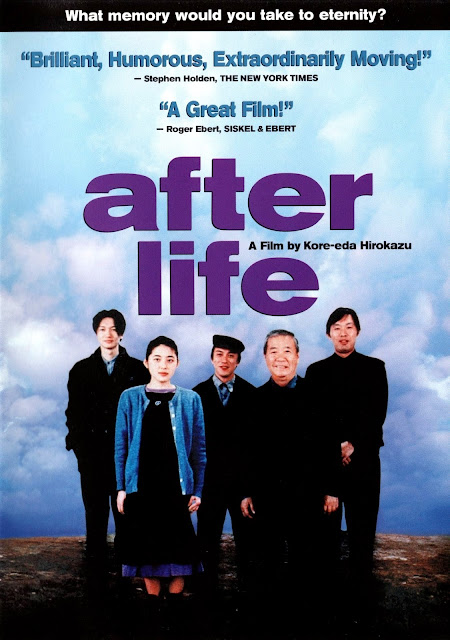Some weeks are much crazier than others, and several lately have been that way. But this week seems a bit quieter. My goal is to only go out of the house for necessities once per week. Of course I seldom achieve that worthy goal, and this week is no exception. Tuesday for groceries (one-stop shopping), and today we were out for our flu shots. So not too extreme a week, indeed. Of course Deb continues to visit her mom 30 minutes drive away 3 times each week, so her weeks are always busy. This week, for example, she will be out of the house 5 of the days. Talking with our pharmacist today while she was giving me my flu shot, she is pretty certain that the two shots of Pfizer I received (2nd dose early May) have already worn out. The government is certainly not telling us the whole truth. She claims that a 3rd shot will be needed, followed by a 4th one, as Pfizer is changing their formula to meet the needs of the new, more dangerous variant strains. So we continue to behave as if we are not vaccinated.
In piano news, the new program is bubbling along nicely. Two short Bach Preludes start things off, followed by Beethoven's Variations Op 34, then comes a Mendelssohn Song Without Words, a Schubert Impromtu, a Chopin Nocturne, and a concert waltz by Scott Joplin. I am hoping that everything is in good shape by Winter Solstice.
In literature news, I continue to acquire Delphi complete works of authors on my Kindle. I have added two female writers. Kate Chopin wrote mostly short stories of Creole life in and around New Orleans, and I look forward very soon to reading some of those. Anna Katherine Green gave us the modern detective story much as we find it today, and her work inspired the likes of Arthur Conan Doyle. I am also looking forward to reading some of her novels and shorter fiction. Last week I added Robert Chambers, an author I first encountered when reading the Ballantine Fantasy Series. Some of his shorter fiction was included by Lin Carter, and I found it to be extremely well done. I now have his complete works, ready to read. When I listed previous authors I already have in a previous post, I may have neglected to mention P. D. Wodehouse. While his complete works will not be available in Canada until 2026, I have a version that includes more of his works than I could possibly read in my remaining lifetime.
I just finished a terrific book by Michael Moorcock, and am currently starting another by Barry Malzberg. After that comes some more Blish short stories, and then I will read stories from my complete collection of Lord Dunsany, followed by some by Kate Chopin. Good reading times are here for a long while.
There are only two movies to report on today. After Life is a Japanese fantasy film from 1998, showing us the mundane routines and bureaucracy that goes on after people die. They report to an old building complex where several employees greet and interview them. The dead people must come up with one single memory that they want to live with for eternity. When chosen, that event is recreated and filmed, and then the dead are sent on their way. A strange film, not difficult to watch, but not very mysterious, either. It just seems to be a continuation of the mundane existence that many of the dead people have lived with already. Some find it easy to find their happy moment, while others struggle or even fail. This is the kind of story that might have made a great short story or novella, but as a two hour movie, it seems a bit overdrawn.
Showing on Criterion.Zatoichi In Desperation is from 1972, and is the strangest of the series so far. It shows an even more ruthless and savage side of Japan than we have seen up to now, with brutality unrivalled since the middle ages. Except for Zatoichi's killing of nearly everyone at the end (as per usual), this film shows the guilty parties getting away with murder and harassment of the innocent over and over again. One thread of the film shows Zatoichi completely unaware of several atrocities, as he turns his attention to trying to save a prostitute, one who is conspiring against him the whole time. And viewers will likely never forget scenes showing the village idiot. Believing in the kind of brutality pictured is not very difficult these days, as such things continue to go on in country after country (Canada had its notorious religious schools for its Native children up until 1996, and much of the water Native peoples need for drinking today is poisoned by mining). There is no doubt that medieval cruelties continue nearly everywhere to this day. That doesn't make them any easier to watch in a film. Only one more film in this series remains to be seen.
A brutal film in the series, showing on Criterion.


No comments:
Post a Comment